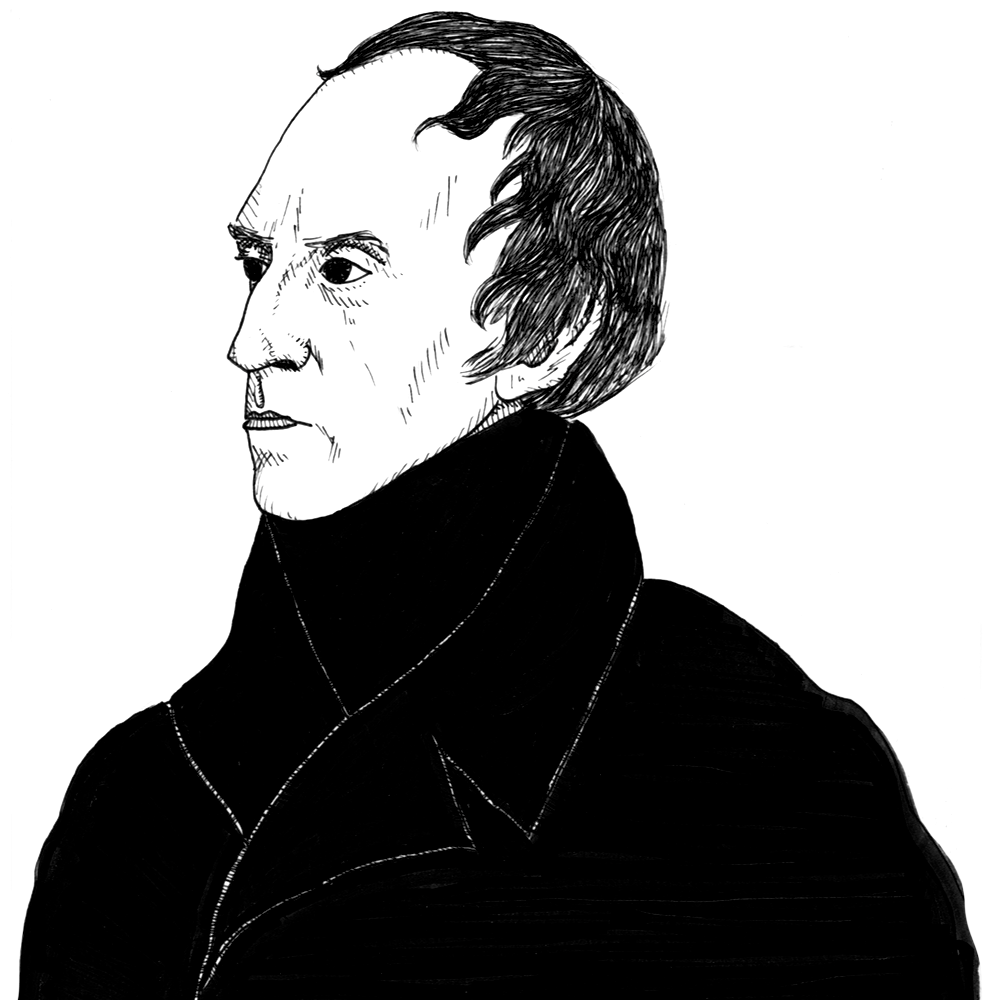
Guizot on liberty and reason (1851)
Found in: The History of the Origins of Representative Government in Europe
The French historian and politician François Guizot (1787-1874) argues that the exercise of political power over others is only legitimate in so far as it conforms to reason:
Politics & Liberty
Power proves its legitimacy, that is to say, its conformity to the eternal reason, by making itself recognized and accepted by the free reason of the men over whom it is exercised. This is the object of the representative system.
So far then from representation founding itself on a right, inherent in all individual wills, to concur in the exercise of power, it on the other hand rests on the principle that no will has in itself any right to power, and that whoever exercises, or claims to exercise power, is bound to prove that he exercises, or will exercise it, not according to his own will, but according to reason. If we examine the representative system in all its forms—for it admits of different forms according to the state of society to which it is applied—we shall see that such are everywhere the necessary results and the true foundations of that which we call representation.